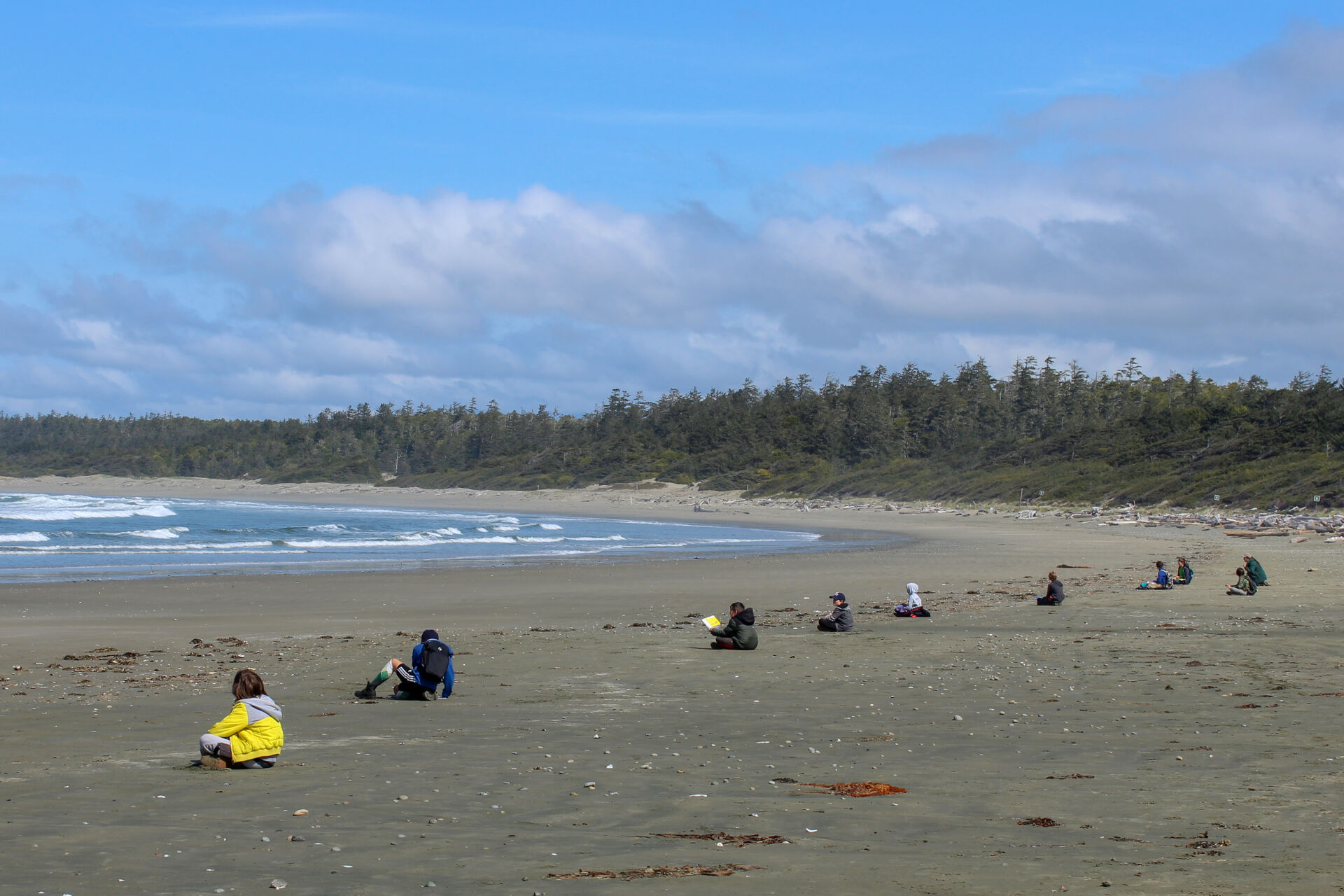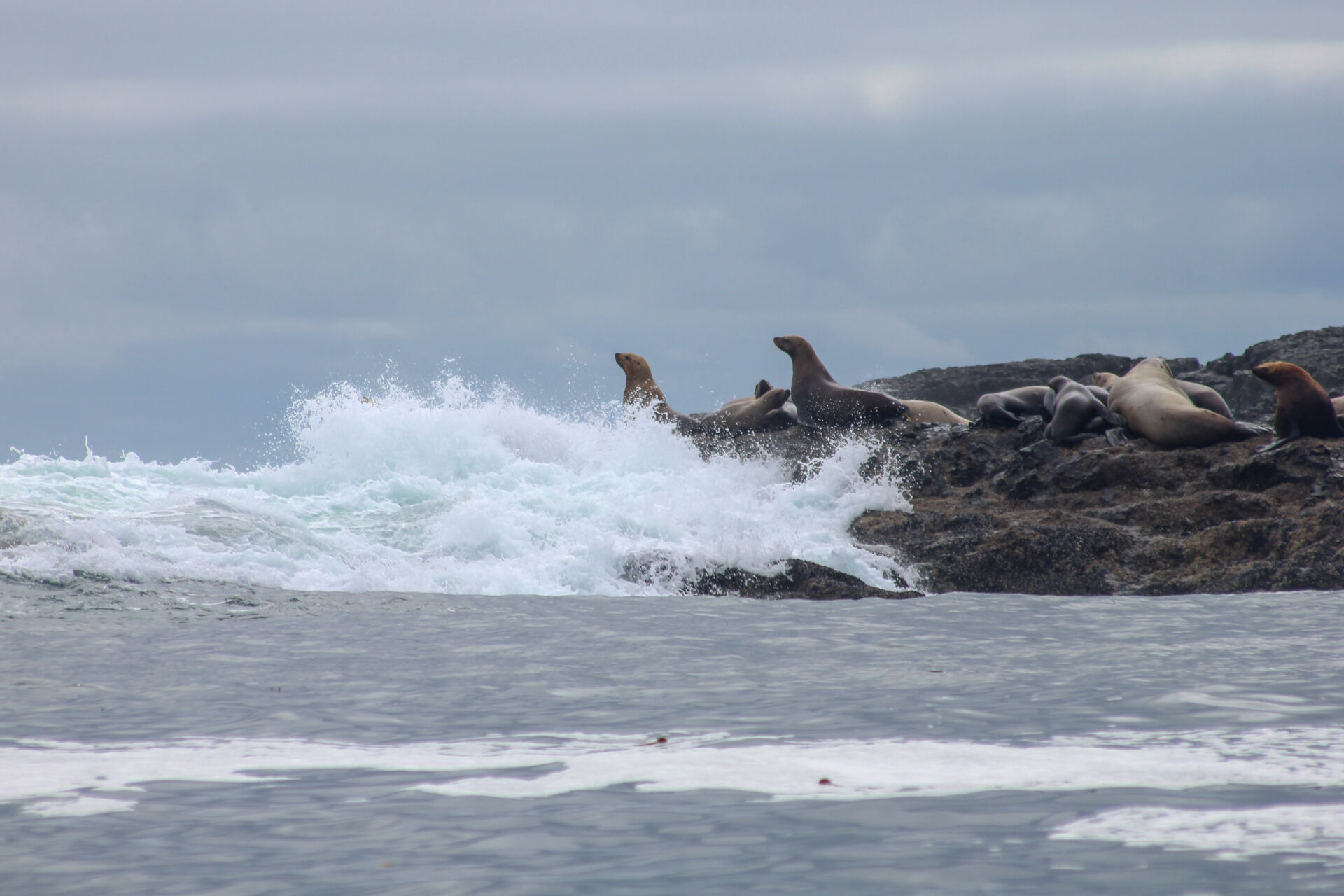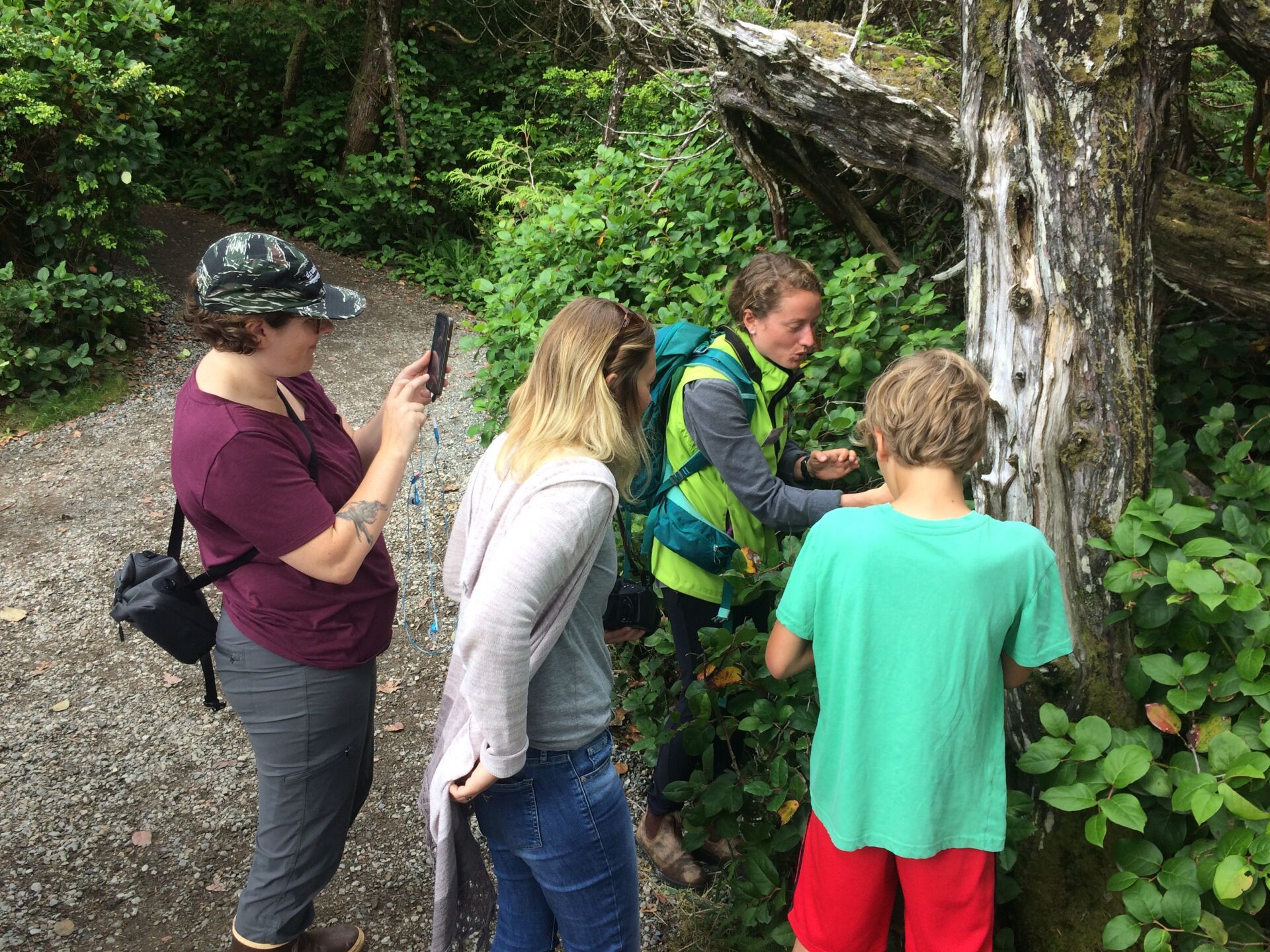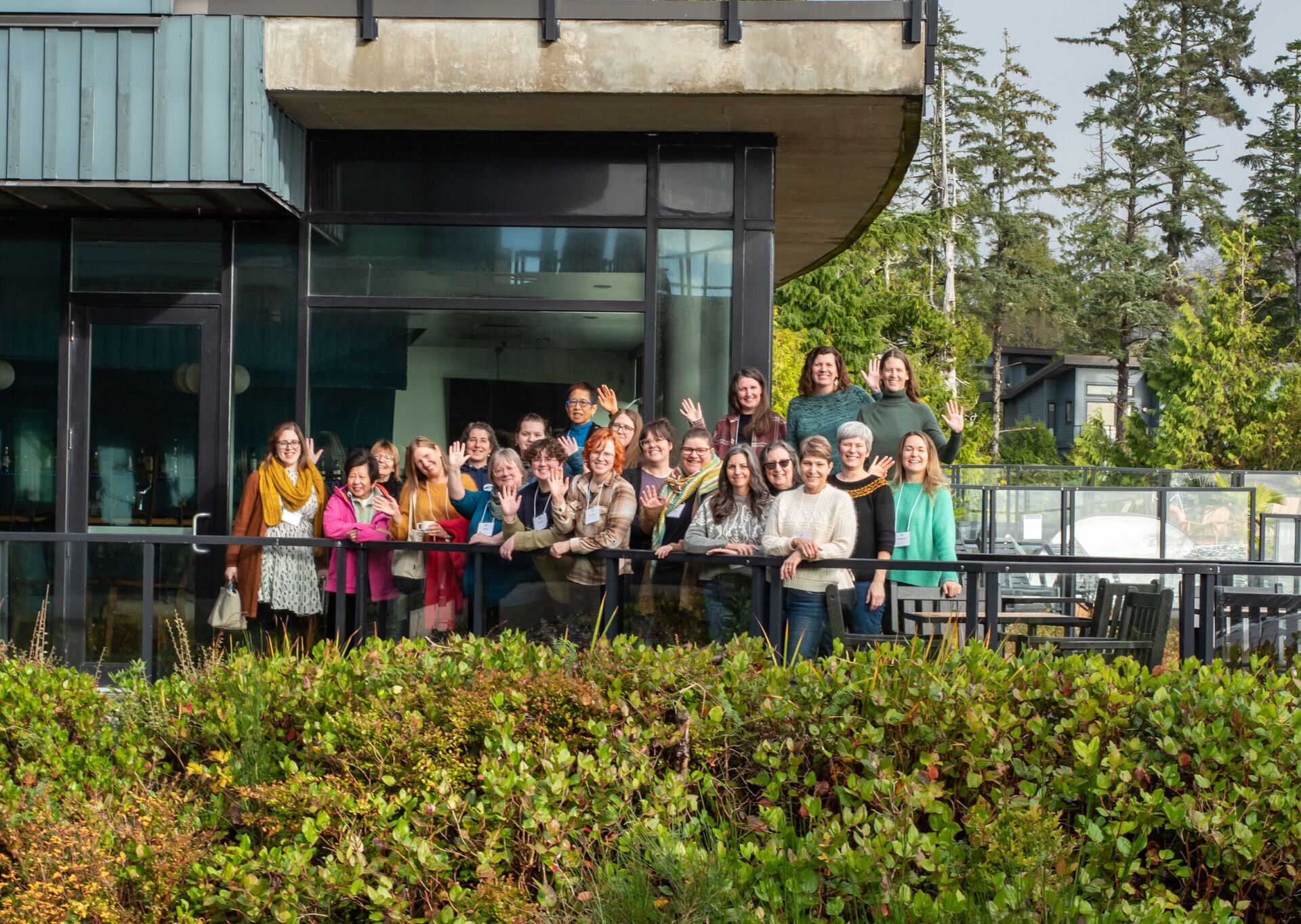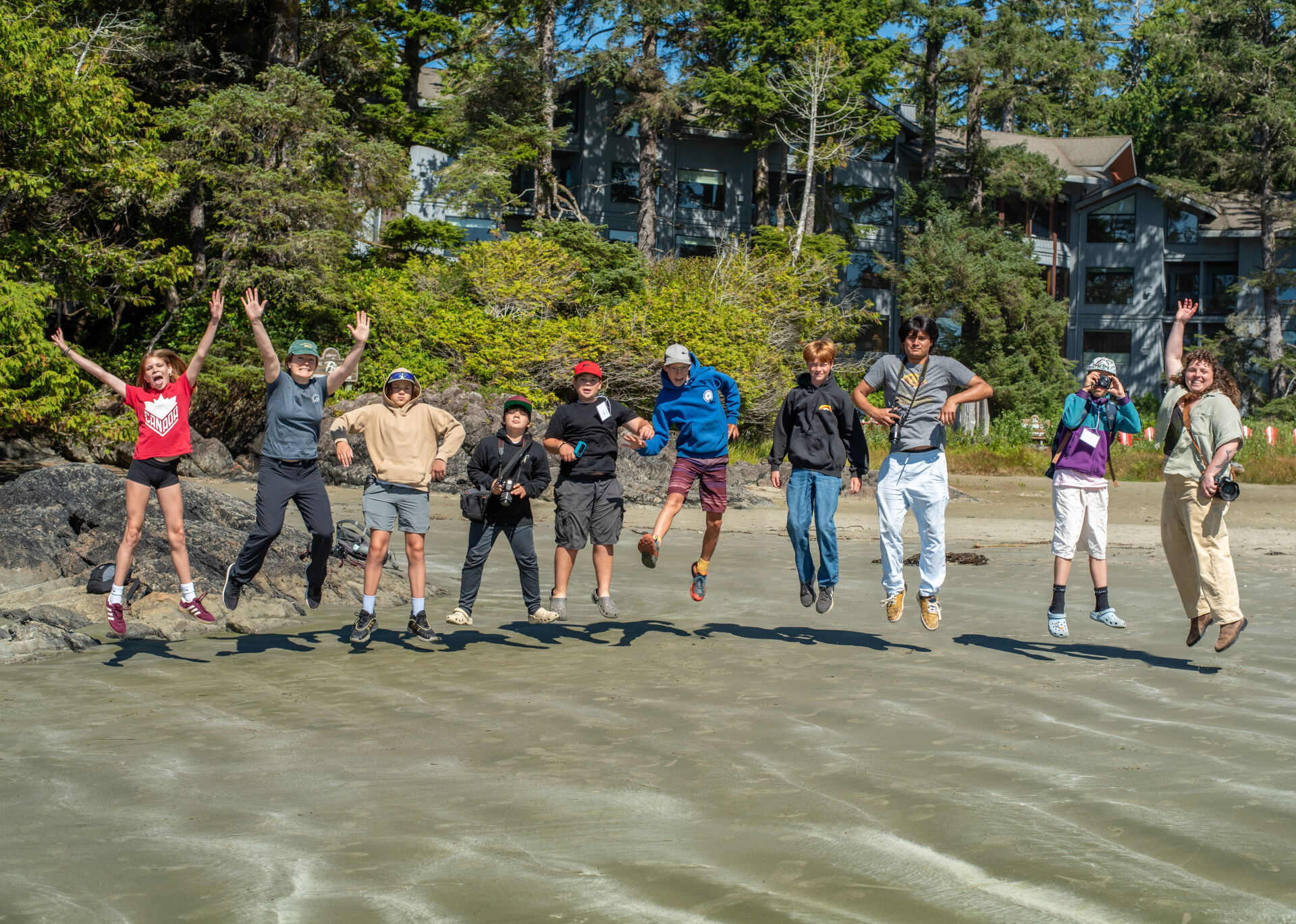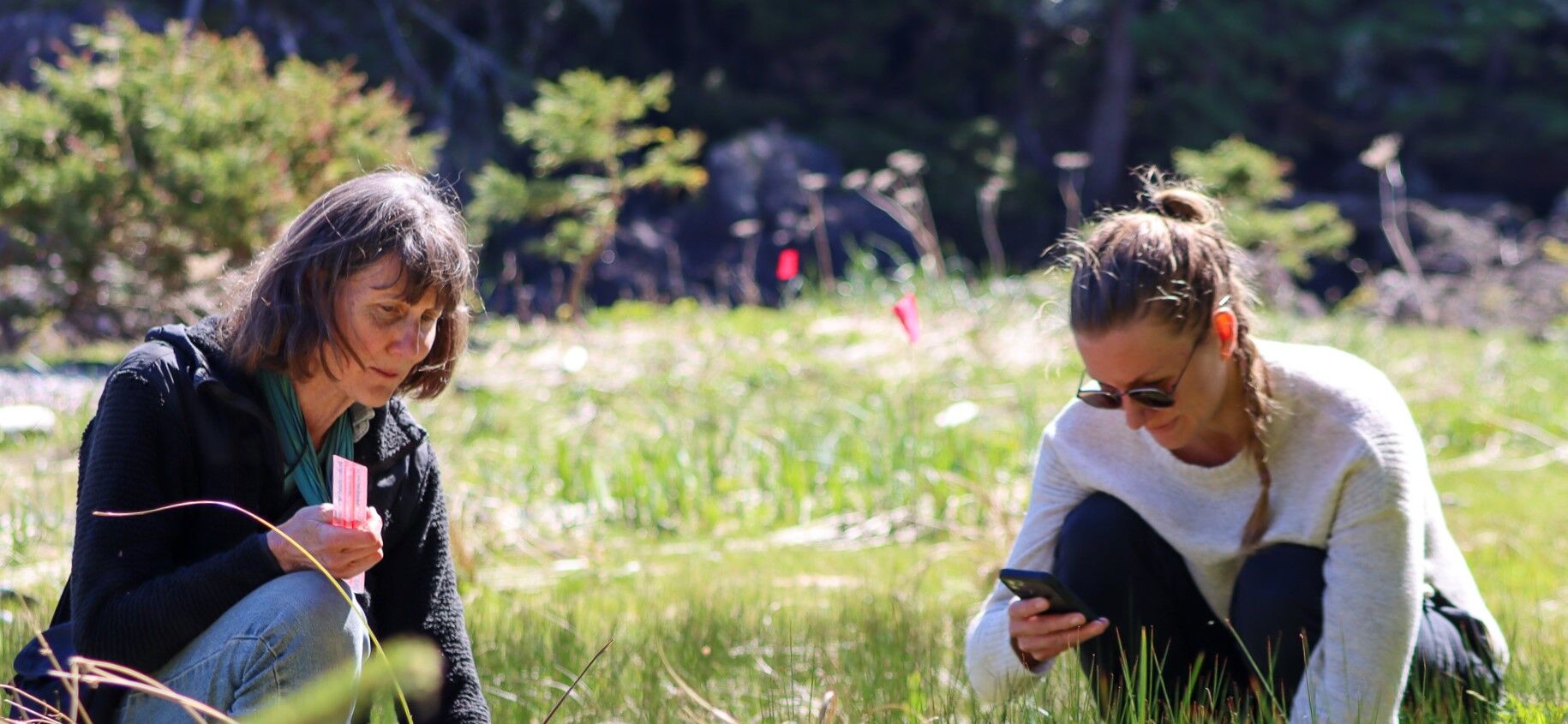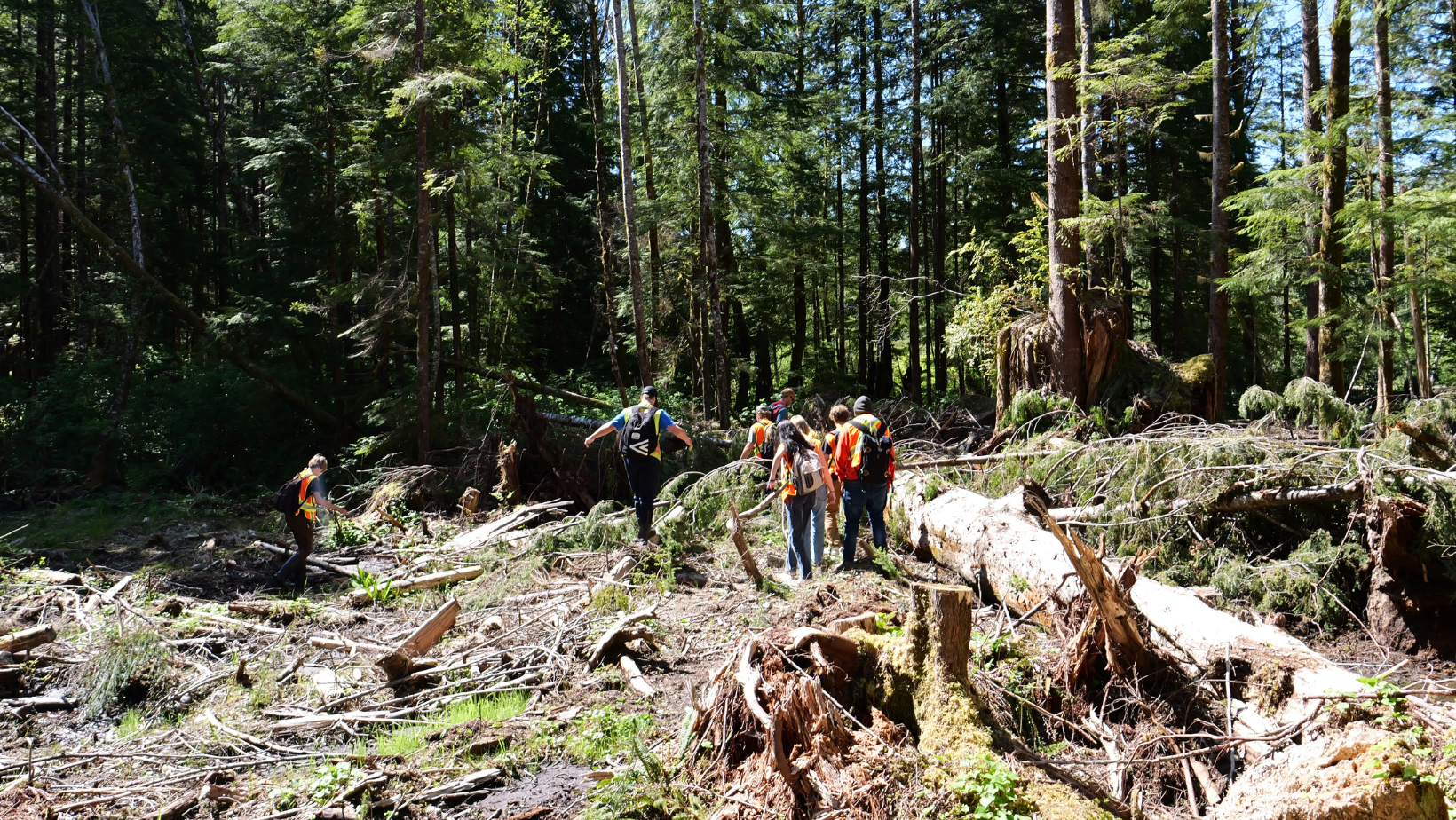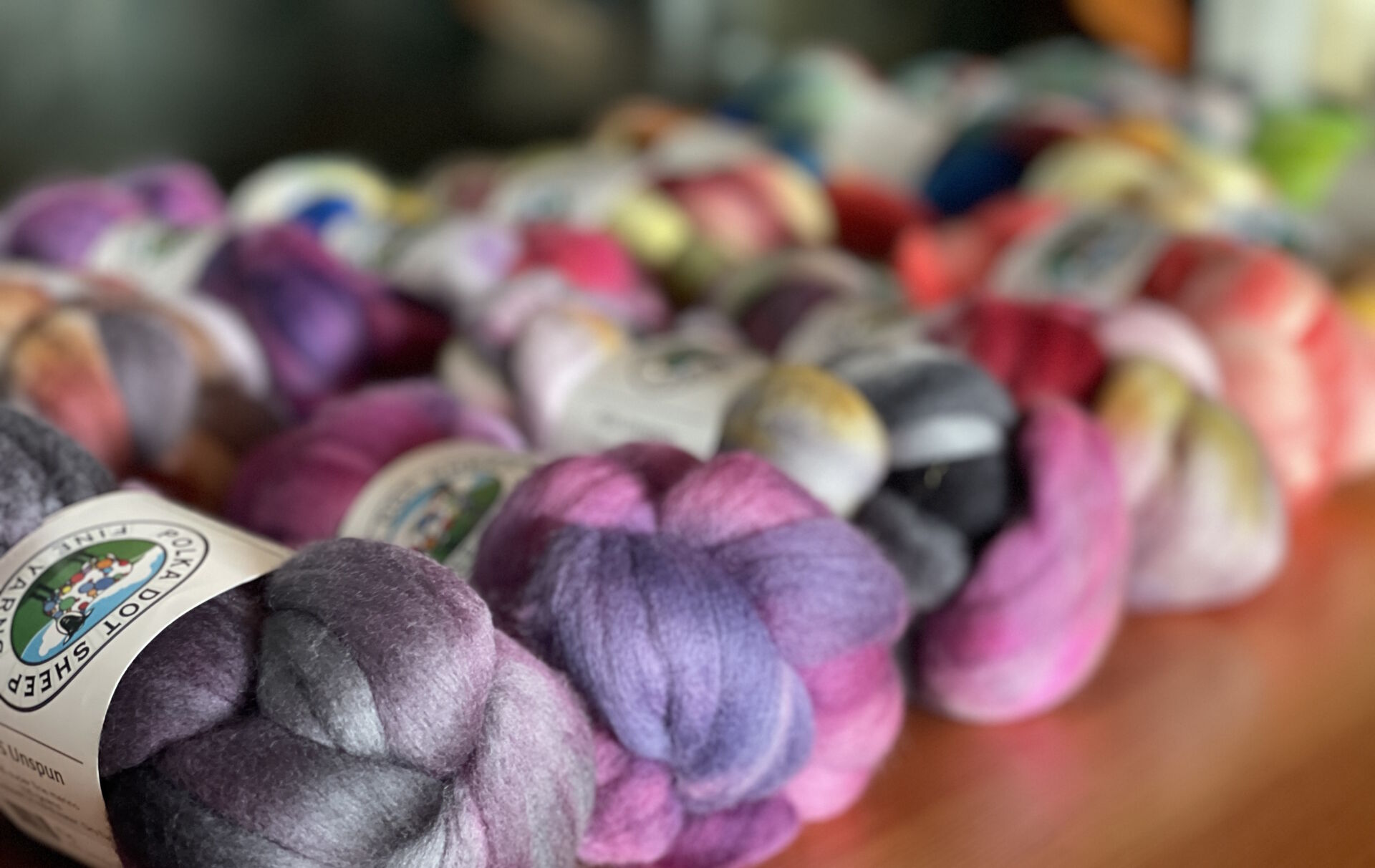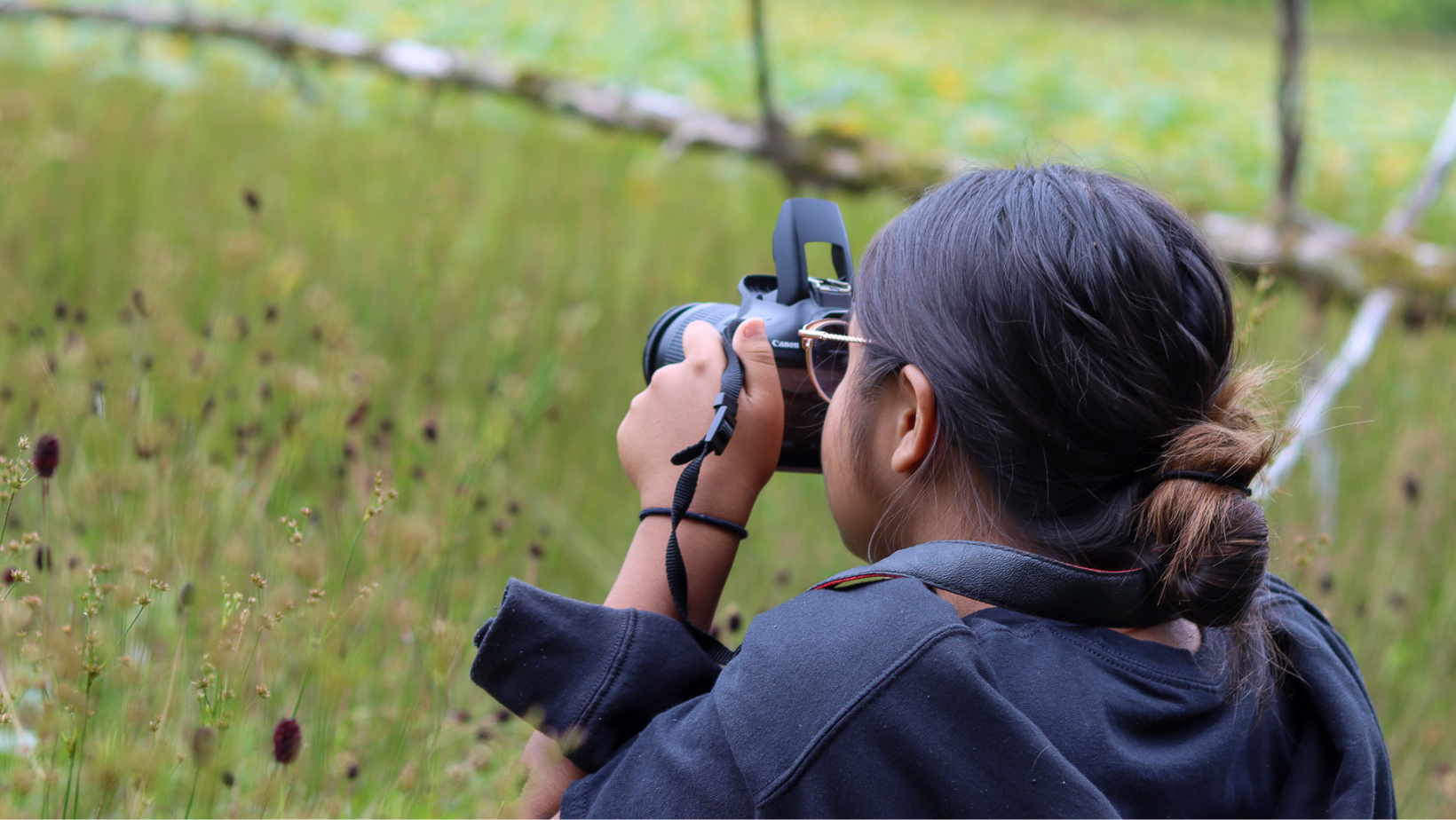International Day for Biological Diversity
May 22nd of each year is an International Day for Biological Diversity! On this day, we are encouraged to participate in activities to celebrate and reflect on the importance of biological diversity. Although we cannot come together in person this year due to the ongoing COVID-19 pandemic, there are still many ways we celebrate the day and do our part to promote biological diversity on earth.
First let’s look at what biological diversity – or biodiversity – means anyways! The three main parts of biodiversity are:
- Maintaining a variety of different types of species – everything from animals, plants, fungi, and even microscopic organisms such as protists and bacteria.
- Maintaining differences between individuals of the same species. Having different sizes, shapes, and colour varieties of black bears, for example.
- Maintaining different ecosystems - such as coastal temperate rainforests, mountain alpine, bogs, deserts, kelp forests, eelgrass beds – and the species that live and interact in each of these ecosystems.

Maintaining biological diversity also play a key role for human survival too! We depend on healthy ecosystems for many reasons such as:
- A source of essential resources such as food, medicine, and materials for building and making clothes.
- Vital services such as generating clean air and water, pollinating plants, flood protection, and pest management, to name a few.
- Maintaining cultural diversity. Throughout the world, cultures have developed over time shaped by the world around them resulting a wide diversity of cultures. Maintaining healthy ecosystems is important and intimately connected to maintaining cultural diversity.
- A source of income through ecotourism. World travel is currently at a standstill due to COVID-19 pandemic. However travelling throughout the world to experience naturally beautiful places was, and one day will again be a major industry on a global scale. In Canada, tourism is one of our Nation’s largest economic sectors, where visitors arrive to experience nature, wildlife, historical sites, and Indigneous culture. Before February of this year, aligned with global trends, both the number of visitors travelling to Canada and tourism spending was increasing. When the time comes and countries begin to open their doors to world travellers, many people will benefit from ecotourism in their communities.
Now let’s celebrate and do our part to promote biodiversity! Here are a few ideas of fun things to do:
- Learn about your neighbours! Get into your backyard or explore a park nearby (remembering to #ExploreLocal for now) and get to know the organisms that live around you. Organizations such as Ucluelet Aquarium, Wild Pacific Trail Society, and Raincoast Education Society have many great programs to teach us about the variety of plants, animals, fungi, and ecosystems here in the Clayoquot Biosphere Region. They are also providing online learning opportunities so you can join along and #RoamfromHome. Check our our Events calendar and social media channels (@westcoastnest) for more information about these ongoing learning opportunities.
- When landscaping at home, leave natural vegetation to encourage pollinators and other beneficial insects. You can learn to identify invasive plants and if it’s safe, remove them from your yard.
- Meet (virtually) our Regional WildSafeBC Coordinator Bob Hansen and learn about how you can do your part to maintain safe and healthy human-wildlife coexistence.
- Discover a local citizen science project supporting biological diversity, that you can join in the future when it is safe to do so. Here on the West Coast, we participate in one of Strawberry Isle Marine Research Society’s citizen science projects – a sea star monitoring program. Another citizen science program they run is collecting data regarding killer whales. If you spot one while you're out on the water in the future, be sure to let them know!
- Support an organization that is protecting and restoring nature such as the Nature Conservancy,Tribal Parks, Central Westcoast Forest Society, or the Wild Salmon Fund through the Clayoquot Biosphere Trust for example.
- Raise awareness – share with your friends, family, and coworkers how you are celebrating Biological Diversity!
